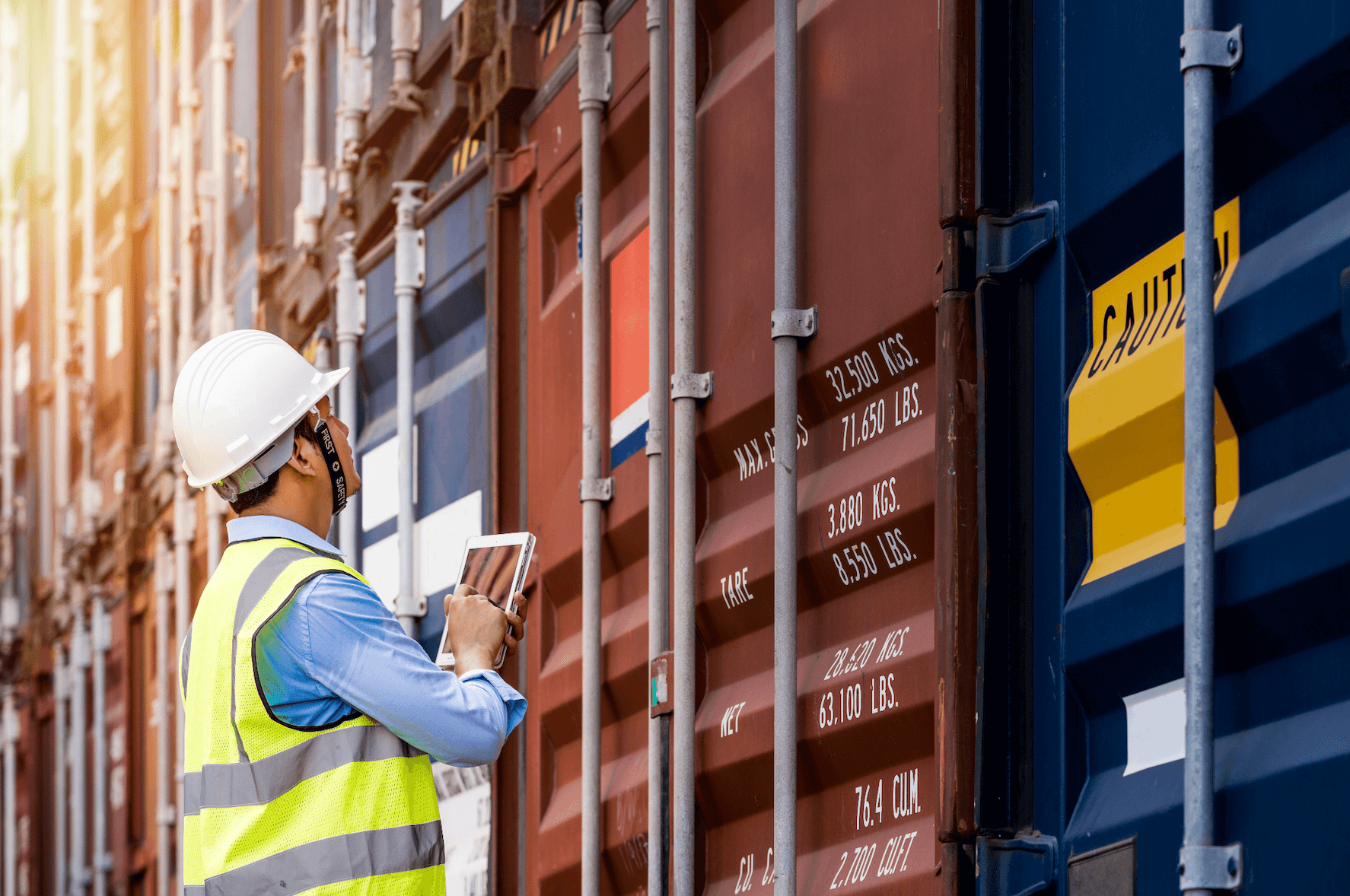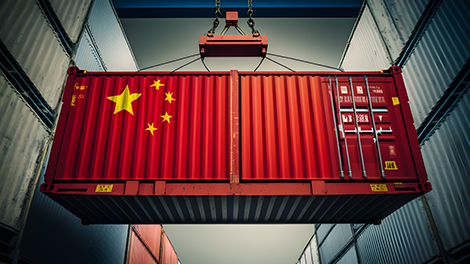Choosing a freight forwarder is one of the most important elements of your business. The perfect freight forwarder will take all the stress out of your logistics process from start to finish, they will act on your behalf to liaise with customs agents,carriers, truckers, warehousing etc to ensure a smooth import or export. If anything goes wrong with your shipment, the freight forwarder will step in to see if they can resolve it.
As the freight forwarder holds such an essential role in the shipping process, you must choose the perfect freight forwarder for your business. Here, WTA will show you how to select the ideal freight forwarder for your shipping needs.
Can I Do It Myself?
On a surface level, you may be wondering whether or not you could save costs and act on your own behalf during the shipping process. While this may seem like an attractive proposition at first, it could be far more trouble than it's worth.
Moving forward without a freight forwarder can be a perilous process indeed. Not only is it tough to book international shipments without a freight forwarder, but freight forwarders also have freight insurance that protects you against any issues should they arise.
%20(1).jpg?width=1024&name=shutterstock_1081476935%20(1)%20(1).jpg)
Important Considerations
Even if you've decided to use a freight forwarder, it can be an overwhelming decision. Your choice of freight forwarder can depend upon what you're shipping, the destination location, the mode of transport and, naturally, price.
1. Cargo
If you're shipping cargo with special requirements (machinery, food, hazardous chemicals), you should choose a freight forwarder that specialises in the transport of this cargo.
Ensure that your choice of freight forwarder understands your company and industry. If they don't, you may not get the level of service you deserve.
2. Destination
You can't just choose any freight forwarder and expect them to ship to your chosen destination. Some freight forwarders don't ship to certain destinations, so ensure that any freight forwarders you consider will match your destination requirements.
3. Price
While it's important to consider price when choosing a freight forwarder, you shouldn't base your decision solely on this factor. You should also take into account the services that the forwarder offers, as well as the reputation of the company. You should check how many global partners the company has and double-check that they have a good record of compliance.
That being said, your freight forwarder should be open and transparent about their pricing. A good freight forwarder will also work with you to reduce the overall cost of shipping where possible.

Incoterms
If you are new to exporting or importing, it is very common for your manufacturer to say that they can handle all the shipping elements. This tends to mean you are at the mercy of the manufacturer and it can be difficult to keep a handle on your logistics costs. The manufacturer will often not want to handle the custom formalities at destination which can make things complicated for yourself. This is why Incoterms are so important, you need to understand the right Incoterms that are going to suit your business.
Compliance
Compliance is another very important area of consideration when choosing a forwarder. Ideally you will want to work with a forwarder who has a comprehensive understanding of your product and is knowledgeable on the most effective way of clearing your goods through customs. Mistakes in the area of customs and compliance can be very costly and lead to severe delays in getting your product delivered on time.
What to expect from a Freight Forwarder?
When choosing a freight forwarder you should expect excellent communication, they should keep you informed every step of the way. Outline any paperwork that is required. Notify you if there are any delays with your shipment. They should keep you up-to-date on market situations, such as port closures, strikes and blank sailings. Your forwarder should give you options for your shipments, as there are so many variables to each and every shipment.
Your forwarder is experts in moving goods and they should be asking several questions to find out what your exact requirements are.
- Your forwarder should understand both your requirements at origin and at destination
- What are your transit times?
- What Incoterms do you want to ship under? Again your forwarder should provide you with suggestions.
- What mode of transport do you want to use, if you are not sure they should provide suggestions
- They should ask about your Insurance requirements
- Your forwarder should also discuss with you the custom requirements.
Freight forwarders are a very necessary component of the international shipping process, but it doesn't have to be challenging to find the right one. If you need any help finding the right freight forwarder, feel free to get in touch with WTA for more information.






